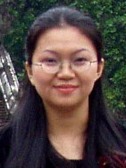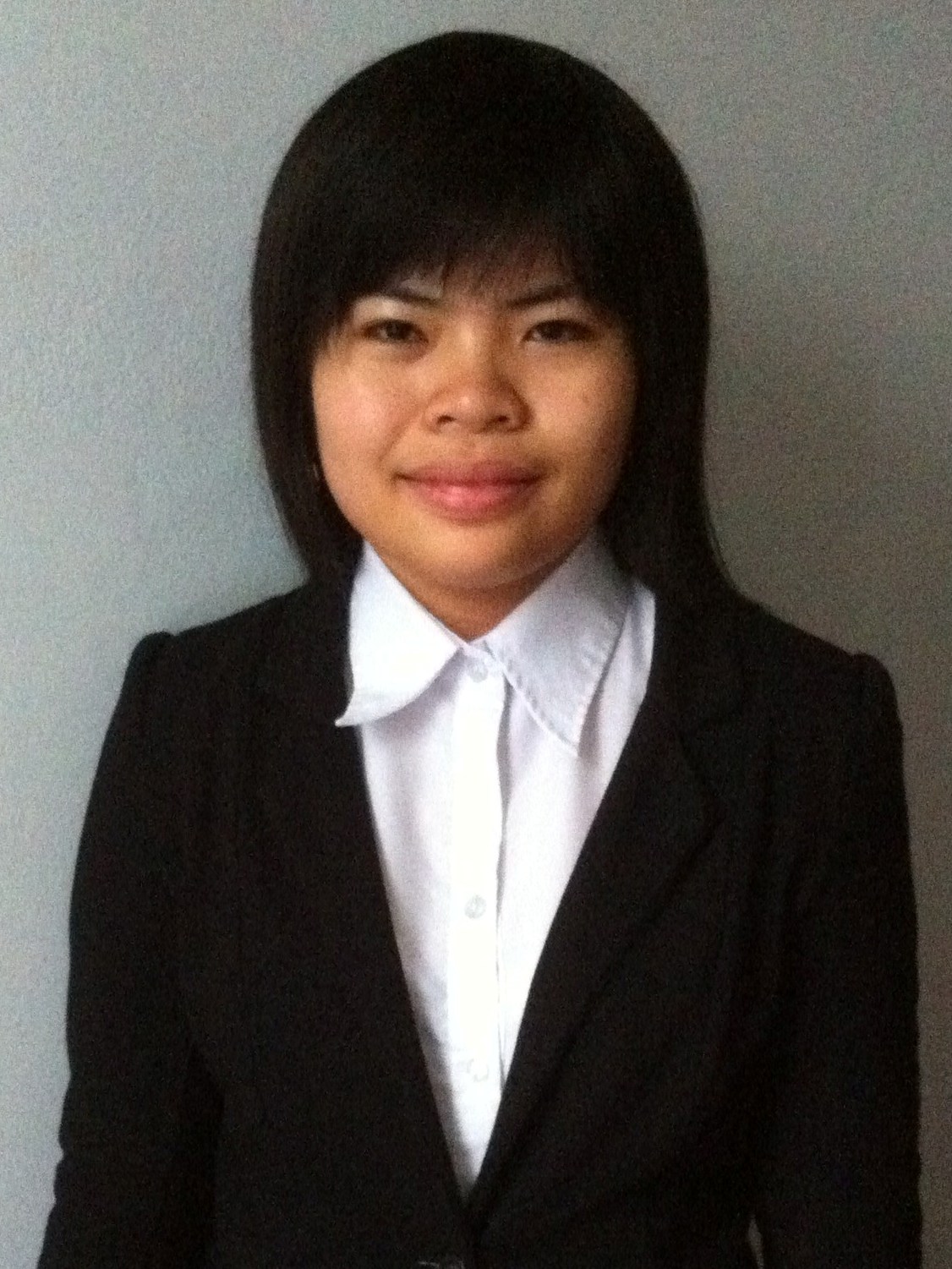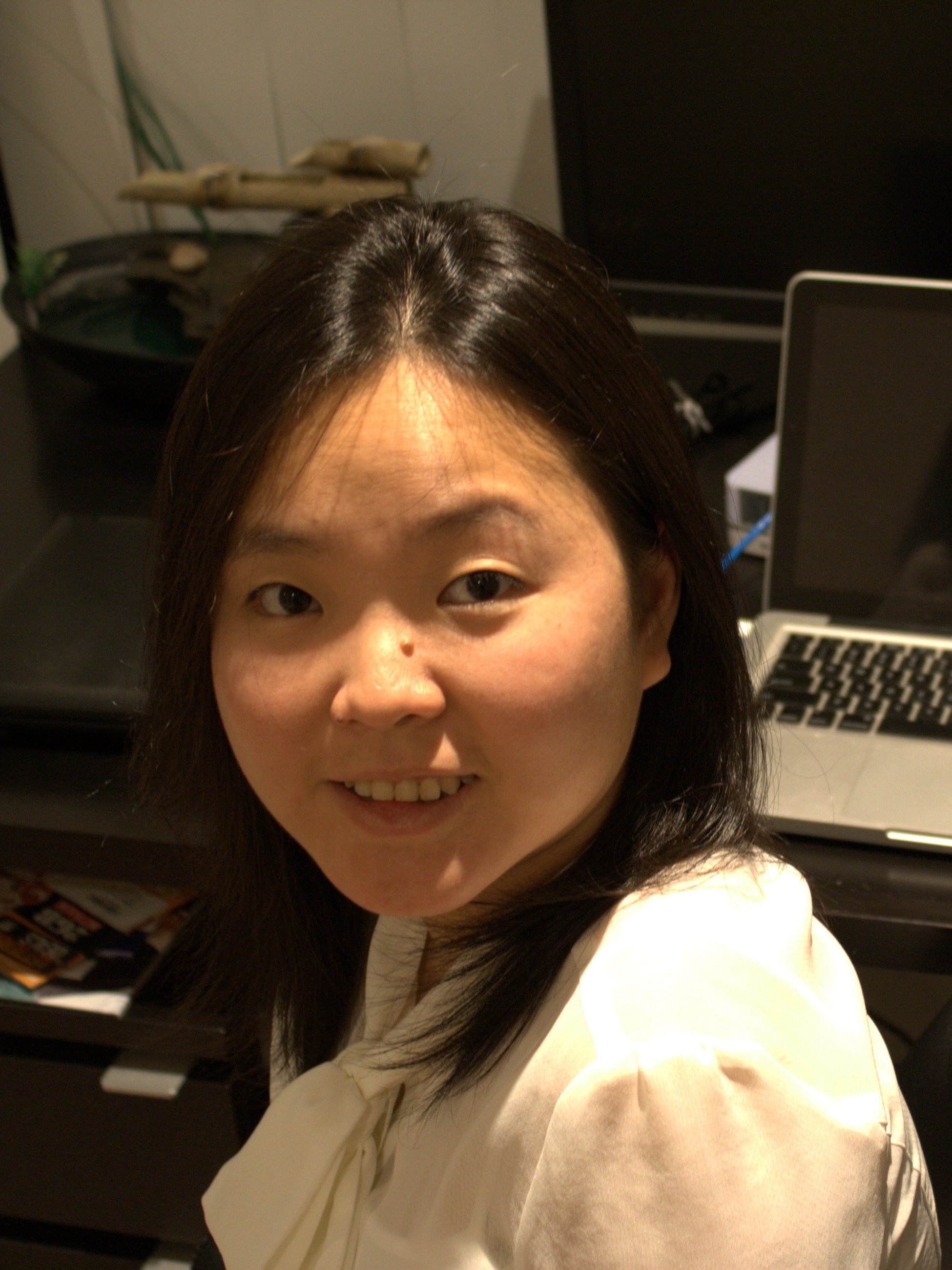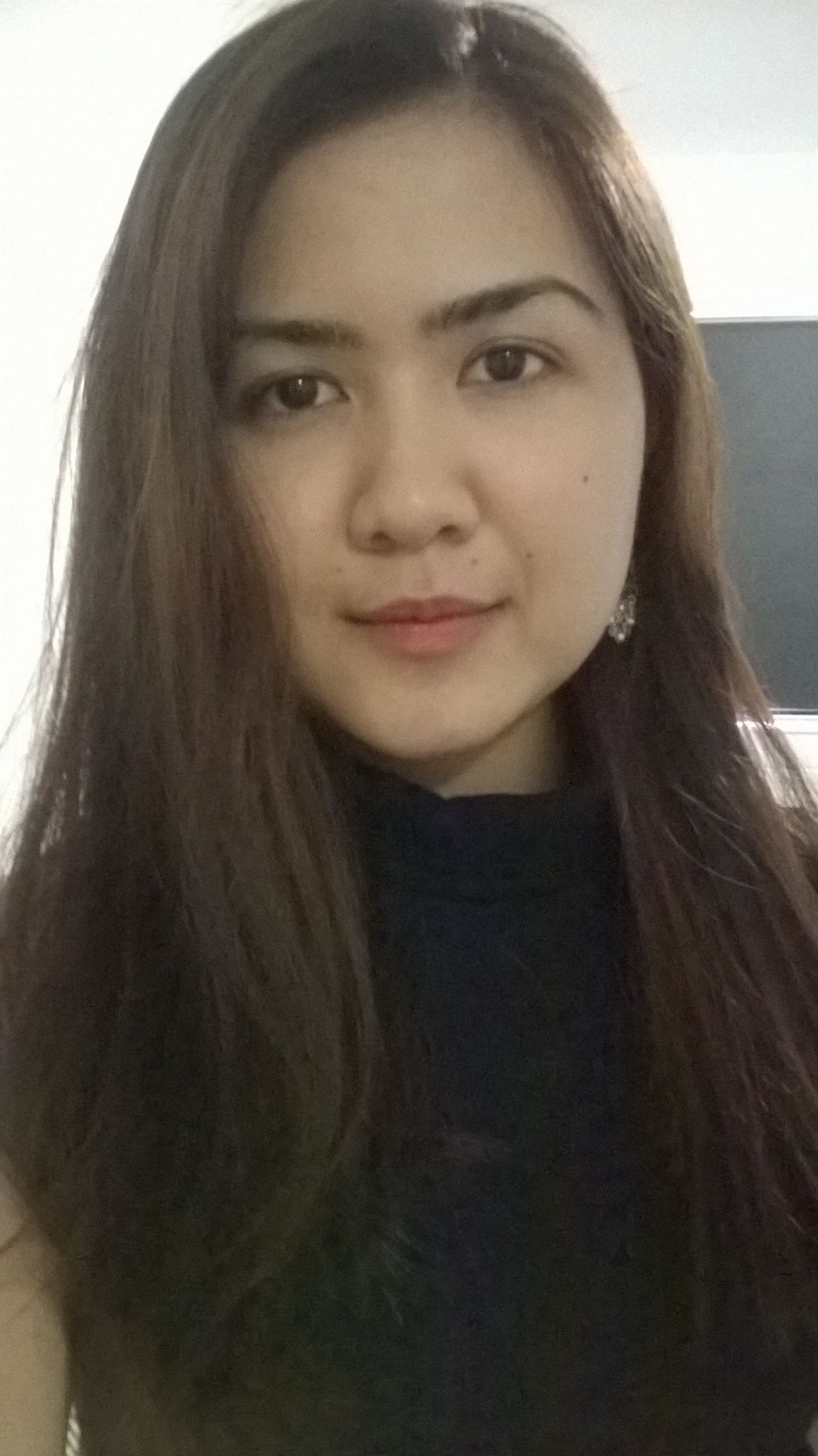Online Language Class for Kids
$100
![]() 02 9283 9892 and 0410 397 017
02 9283 9892 and 0410 397 017 ![]() info@sydneylanguagesolutions.com.au
info@sydneylanguagesolutions.com.au
Home » Vietnamese Course
$100
$320 + GST = $352 (10 week course)
$150 + GST = $165 (Holiday camp)
$320 + GST = $352 (10 week course)
$250 + GST = $275 (6 week course)
$150 + GST = $165 (Holiday camp)
$330 + GST = $363
$330 + GST = $363 *10% off if pay 2 weeks in advance!!!
$330 + GST for 8-week course + Free Training materials
*10% OFF if pay 2 weeks in advance!!!
$335 + GST for 8-week course + Free Training materials
$340 + GST for 10-week course + Free Training materials
$320 + GST= $352 for 4-week course






General Information – Vietnamese
|
DO YOU KNOW?
|
USEFUL PHRASES |
|---|---|
|
The Vietnamese writing system is an adapted version of the Latin alphabet, with additional diacritics for tones and certain letters. |
Tên anh là gì? |
|
Vietnamese syntax conforms to Subject-Verb-Object word order. |
Chào ông.Tôi là Nam Hello, My name is Nam |
|
Nouns in Vietnamese are marked by special classifiers. |
Cám ơn Thank you |
| Pronouns are correlated with gender of the speaker and the social situation in which they are spoken. | |
|
Vietnamese is spoken in three dialects, corresponding to the three main regions of Vietnam: Northern (Hanoi), Central (Hue), and Southern (Saigon). |
Hân hạnh gặp bà Pleased to meet you |
|
Vietnamese is a tone language; that is, the meaning of words and sentences is affected by the pitch with which they are spoken. Reduplication and compounding are common phenomena for Vietnamese vocabulary.
|
Ông có mệt không? Are you tired? |
Na Quynh Phu Pham

Qualifications:
Na Pham has a Doctor in Philosophy (Education) at University of Western Sydney, a Master of Arts in TESOL at National University of Singapore and a Bachelor of Arts at Vietnam National University. She is also a NAATI Accredited Translator and has Certificates in Project Management, Business Communication and Report Writing, ESL Training and Certificate IV in Assessment and Training.
Na has won several prizes and scholarships, including ASEAN Postgraduate Scholarship – National University of Singapore (1999), International Postgraduate Research Scholarship – University of Western Sydney (2001), Summer Research Award – University of Western Sydney in conjunction with Ethnic Communities Councils of NSW (2005) and Travelling Award – University of Western Sydney (2004, 2005)
Work Experience:
Na Pham has a vast experience in five major fields: translation, language teaching, language researching, language consulting, and language teaching material designs.
She has more than 12-year experience languages (both English and Vietnamese) from different ethnic, socio-cultural background and groups of ages. Her experience includes teaching English at Vietnamese National University, National University of Singapore, EF Language Travel, ABC Study Groups, Sydney Community College and MTC Training Solutions. She has been currently working as a lecturer at Australian Campus Network – La Trobe University.
She is a language consultant for many language research projects, which includes MARCS Laboratory – University of Western Sydney (studies on Vietnamese tone and Vietnamese pronunciation), Ethnic Community Councils NSW (studies about language needs of emerging communities in Sydney), Cancer Council NSW (Hepatitis B and liver cancer among Vietnamese communities in Sydney) and School of Nursing and Midwifery ( Gestational Diabetes and Health Education Resources Project ).
Le Quan Ly (Jenny)
Qualifications:
Jenny is a Vietnamese native speaker. She is doing her Bachelor of Science in Medical Science degree at the University of Technology, Sydney. She also speaks Cantonese and Mandarin fluently which allows her to communicate with people from different countries. She is currently working as Vietnamese Teacher for Sydney Language Solutions.
Experience:
Jenny is experienced in teaching Vietnamese to students from different background with her strong passion to help and communicate with people. Additionally, she has also worked as a tutor and a Vietnamese-English-Chinese translator for more than 3 years. With her devotion and enthusiasm, she can certainly support Vietnamese students in their learning.
Julie Lam
Qualifications:
Julie Lam is a Vietnamese native speaker. She graduated from Vietnam University of Social Sciences and Humanities with a Bachelor Degree in English Linguistics and Literature.
Experience:
Julie has a lot of experience in teaching Vietnamese and English to students from different age groups. She has a particular interest in communicating with people from different backgrounds and cultures. She has also worked as a Vietnamese – English translator and interpreter. Julie has a great passion in teaching and translating. She is proud to be able to help Vietnamese students in improving their pronunciation and their knowledge in Vietnamese culture.
Tony Vu
Qualifications:
Tony is a Vietnamese native speaker. He was born in Vietnam and did his Bachelor in Vietnam. He also did the Master of Information technology at the University of technology Sydney. He is currently working as a web designer at StyleTread and also a Vietnamese teacher at Sydney Language Solutions.
Experience:
Tony has strong passion and enthusiasm to teach Vietnamese. He has ability to interact with people and implements new teaching methodologies depending on the background of students. He also can deal with students who have problems in spoken Vietnamese with different strategies. Furthermore, he designs balanced, innovative programs that encourage students to make a positive impact on class.
Cam Tu
Qualifications:
Cam Tu holds a Bachelor in Corporate Finance from International University- Vietnam National University and Certificate in Teaching Vietnamese as a foreign language. Currently, she is doing Master of Arts in TESOL at University of Western Sydney.
Experience:
Cam Tu was an English teaching assistant in University of Economics, Ho Chi Minh city and has years of experience in teaching language to different age groups. In addition, as a native Vietnamese speaker who devotes herself to language teaching career, her ambition is promoting the beauty of Vietnamese culture and language to students and friends around the World.
“The teacher was very easy with the class. I did Vietnamese Beginner 1 at Sydney University but this course was 10 times better.” (Phil, Vietnamese Beginner 2 Student, May 2017 Intake)
“Very friendly and teaching method is very fun and easy to understand. Thanks Tu! After spending time practicing what we have learnt in this class, I’d love to sign up to the next course” (Brent, Vietnamese Beg 1, April 2017 Intake)
“Being a second generation Vietnamese-Australian, joining Sydney Language Solutions has allowed me to speak to my parents, relatives and other Vietnamese people with more confidence and ease.
Topics studied in the classes relate to every day activities and situations which I can apply in real life.
Learning in small groups has been beneficial to me because I can ask questions anytime without feeling like I am disrupting the class, Na is able to focus on our progress more closely, and we are encouraged to participate in activities such as reading out loud.
Na is an approachable and friendly person and always goes out of her way to help us improve.”
(Lombard Lam, Vietnamese Student)

Na is the most committed, passionate, patient, and professional language teacher I have had.
She is very committed to her students and displays a fantastic rigour in the preparation and delivery of her classes. She pays great particular attention to each of her student’s development and needs.
She has a terrific sense of humour and is very understanding, which always makes for a fun and positive learning environment. I can’t recommend her highly enough!
(Marc Cara, Vietnamese Student)

Na’s classes have been invaluable for me in a personal and professional sense.
The weekly language learning and practice have helped me to further my research on environmental change in Vietnam, by expanding my Vietnamese vocab as well as ‘thinking’ in a Vietnamese way! I joined Na’s classes in order to improve my spoken Vietnamese and thus improve my in-country research in Vietnam.
The resulting benefit has been much greater as I have the opportunity to improve my language skills in a continually adaptive teaching environment that is also a lot of fun! We all enjoy Vietnamese celebration nights where we discuss culturally relevant words and events over culinary specialties!
(Paula Brown, Vietnamese Student)
20 Southern Vietnamese Expressions Hello – Xin chào Goodbye – Chào tạm biệt How are you? – Bạn có khỏe không? I’m fine, thank you – Tôi khỏe, cảm ơn What’s your name? – Tên bạn là gì My name is… – Tên tôi là … Thank you – Cảm ơn You’re welcome – Không có chi Yes – Vâng No – Không Excuse me – Xin lỗi Can you help me? – Bạn có thể giúp tôi? I’d like to eat – Tôi muốn ăn I’d like to drink – Tôi muốn uống How much? – Bao nhiêu? Too expensive – Quá đắt Thank you – Cám ơn Thank you very much – Cám ơn rất nhiều No problem – Không sao See you later – Gặp lại sau nhé
Is Vietnamese taught at SLS in Northern or Southern dialect?
Sydney Language Solutions teaches both dialects. Our teachers will also demonstrate the differences between the two dialects in the class. Please be advised that Vietnamese people from North and South are able to understand each other.
Which one is the official language used for national administrative purpose?
There is only one language used in the whole country, which is Vietnamese language. It is used for national administrative purpose, TV, newspaper, school and everywhere where the language is used. There are, however, two accents associated with the languages: Northern Accent and Southern Accent. The difference in these two accents is only reflected in the way the speakers pronounced some initial consonants (gi, d, tr, r) of the words.
In terms of vocabulary use, Northerners and Southerners may occasionally use different words to refer to the same objects but this only accounts for about 5% of the language’s vocabulary. Northerners and Southerners’ Vietnamese share exactly the same rule in grammar, syntax and sentence structure.
At SLS, we provide both teachers from both regions and we did provide a glossary of vocabulary to explain the difference between two regions
Which one is used in Hanoi and which one for Ho Chi Minh?
Northern accent is the most popularly spoken in Hanoi and Southern accent is in Saigon. Most students who learn to communicate with their in-laws or relative in Sydney are, however, recommended to learn Southerner accent as that is the popular accent in Vietnamese community in Australia
You can click on the picture to be directed to the bookstore website and buy the books
1. Quick & Simple Vietnamese by Pimsleur (This series is very helpful to practise listening to Vietnamese at home or in your car. It is useful for any learners who had no friend/ partner to practise Vietnamese with)
2. Pocket Vietnamese Dictionary (This dictionary is very convenient to bring to class to use for your lessons. It is suitable for the first 60 hours of Vietnamese learning at Beginner level)
3. Elementary Vietnamese (This book is not used as the main teaching material in Vietnamese Class at SLS, but it is recommended for students who want to build up good linguistic and grammatical knowledge about the Vietnamese Language. Recommended for students who have finished 20 hours of Beginner and started to take Preintermediate 1)
4. Vietnamese in a Flash – volume 1 (Tuttle Flash Cards” are a comprehensive and well-designed series of flash cards designed to help beginning students of Asian languages memorize and review basic vocabulary items. This is very helpful for students of Pre-intermediate 1 and 2 to practise and expand theirvacabulary at home)
5. Teach Yourself Vietnamese – Dana Healy (This book is only suitable if your focus of learning is conversational skills, and not on pronunciation. The first lesson of the book is a bit too fast for a complete beginner, only recommended if you have a freind to help you or you have learned Vietnamese for about at least 10 hours)
6. Vietnamese Berlitz Concise Dictionary. This dictionary is suitable for any students who aims to learn Vietnamese more than just a Beginner Course. It includes both Vietnamese-English and English-Vietnamese. It is highly recommended. It contains bold, blue headwords which make it easy to navigate around the dictionary quickly. It also has a 48-page activity section includes fun games to improve language skills, including: crosswords, word searches, jumble, and sudoku-style puzzles.